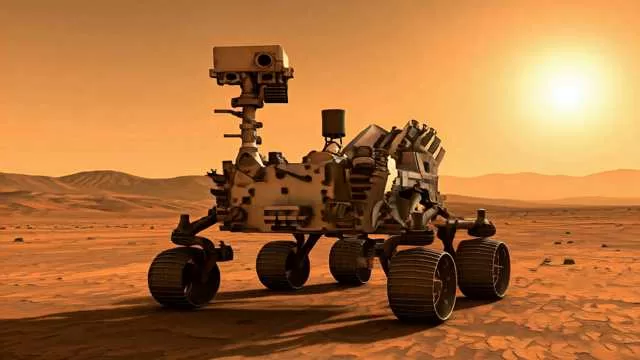Mars exploration is a hot topic. Many wonder who is behind the funding for these ambitious missions. In this article, we will explore the key players in Mars exploration funding, including NASA, private companies, and international partners. We will also look at how much money has been spent and what the future holds.
Who is Funding Mars Exploration?
NASA is the primary agency for Mars exploration in the United States. They have spent billions on missions to the Red Planet. But they are not alone. Private companies like SpaceX and international space agencies also contribute to Mars exploration.
How Much Money Has NASA Spent on Mars Exploration?
NASA has invested over $30 billion in Mars exploration since the 1960s. This includes missions like the Mars rovers, orbiters, and landers. Each mission has its own budget, with some costing hundreds of millions of dollars. For example, the Perseverance rover mission cost around $2.7 billion.
Who Funded Mars One?
Mars One was a private initiative aimed at establishing a human settlement on Mars. It was funded through a mix of private investors and crowdfunding. However, the project faced financial difficulties and ultimately failed to secure the necessary funds for its ambitious plans.
Who Funds SpaceX?
SpaceX, founded by Elon Musk, is funded through a combination of private investments, government contracts, and commercial launches. NASA has awarded SpaceX contracts for cargo and crew missions to the International Space Station (ISS). This partnership has been crucial for SpaceX’s growth and success.
Does NASA Pay for SpaceX?
Yes, NASA pays SpaceX for specific services. They have contracts for launching astronauts and supplies to the ISS. These contracts help NASA reduce costs while supporting private spaceflight.
How Does NASA Earn Money?
NASA earns money through various channels. They receive funding from the federal government, primarily through congressional appropriations. Additionally, NASA generates revenue by selling data, conducting research, and partnering with private companies. They also collaborate with international space agencies, which can provide additional funding.
Current Funding Landscape
Recently, the U.S. House of Representatives’ Appropriations Committee proposed a funding bill for NASA for fiscal year 2025. This bill includes a modest 1% increase to NASA’s budget. However, it redirects funds to established projects, which may lead to cuts in other areas.
The proposed budget is in line with the Fiscal Responsibility Act of 2023, which limits spending increases. While the 1.2% increase is a positive step, it falls short of the White House’s request and does not keep pace with inflation.
Impact on NASA’s Projects
The budget shortfall affects different NASA projects unevenly. The Artemis program, which aims to return humans to the Moon, will receive its requested funding of $7.6 billion. However, the Science Mission Directorate is facing a $200 million cut, bringing its budget to $7.3 billion. This is over $1 billion less than what NASA had planned just a year ago.
The Planetary Society and other organizations are advocating for a restoration of space science funding to $9 billion. This funding is crucial for ambitious missions like Mars Sample Return and the Habitable Worlds Observatory. Without adequate funding, many high-priority science projects may face delays or cancellations.
The Future of Mars Exploration
The future of Mars exploration depends on stable funding. NASA’s science projects are at risk due to budget cuts. The ongoing financial challenges could lead to less exploration and fewer scientific discoveries.
Conclusion
Mars exploration is a collaborative effort involving NASA, private companies, and international partners. While NASA has invested heavily in Mars missions, funding challenges persist. Understanding who funds these missions is essential for grasping the future of space exploration. As we look ahead, it is crucial to advocate for increased funding to ensure that we continue to explore the mysteries of Mars and beyond.

